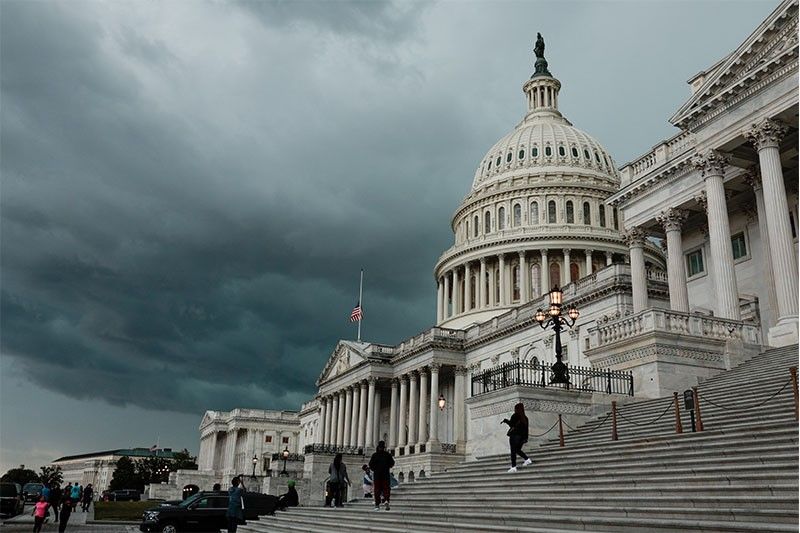Stocks mostly rise, dollar dips before US midterms

NEW YORK, United States — Global stocks mostly rose Monday while the dollar dipped against key rivals as markets looked ahead to this week's US midterm elections and key inflation data.
Even China dousing speculation of a relaxation of its strict Covid policies failed to crush positive sentiment in the markets.
Wall Street stocks ended higher the day before most US voters go to the polls, with early voting already underway in many states.
The outcome will have implications for the agenda of US president Joe Biden, with a Republican takeover of Congress likely dooming ambitious proposals.
With polls showing Republicans likely to win at least one house of Congress, analysts welcomed the prospect of further Washington gridlock, a scenario that lessens policy uncertainty as a risk.
Even if Biden's Democratic Party retains narrow control of the legislature, the stock market has historically pushed higher after midterm votes, said LBBW's Karl Haeling.
"I don't think it's specific to any expectations for a Republican victory," Haeling said of Monday's rally. "It is simply that once the midterm elections are completed, stock markets tend to do well in the year end."
On Monday, US stocks climbed with the Dow Jones Industrial Average finishing up 1.3 percent and the broad-based S&P 500 rising 1.0 percent.
The gains came as the dollar retreated against both the pound and the euro, adding to Friday's trend in foreign exchange markets.
The next major data point that investors are watching is US inflation data, due on Thursday, and again before the Federal Reserve's next policy-setting meeting.
Investors have been hoping that any signs the US economy or inflation is slowing would prompt the central bank to scale back its interest rate hikes, but Fed chief Jerome Powell has indicated policymakers will not let up until inflation comes down.
Global markets and oil prices have also been boosted in some recent sessions by hopes that Beijing may begin to roll back the country's strict Covid-19 controls, which have taken a toll on its economy.
But on Saturday, Chinese authorities said they would "unswervingly" stick to the current plan involving harsh lockdowns, quarantines and mass testing with even small clusters.
Despite the official stance, "there are still hopes" that Beijing may relax its coronavirus curbs in the coming months, Iris Pang, chief economist for Greater China at ING Wholesale Banking, told AFP.
"Traders believe that the Chinese government cannot permanently hold these existing Covid measures," she said.
Ongoing large-scale events, such as the China International Import Expo in Shanghai, are also seen by investors as "a kind of water-testing" by Beijing, to see if cases and deaths rise significantly, Pang added.
Hong Kong's Hang Seng index bounded 2.7 percent higher at close.
- Latest
- Trending




























